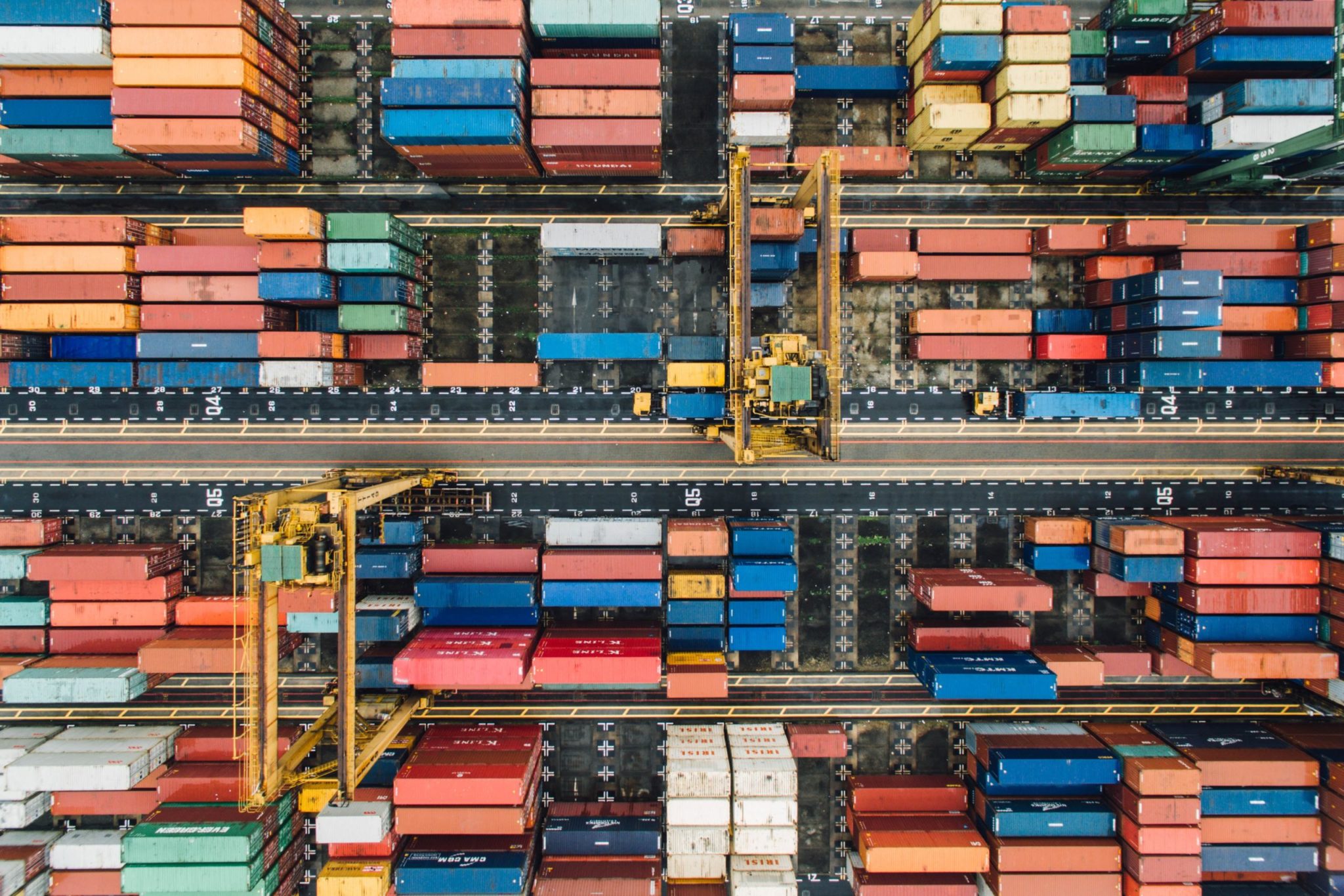Paola Mariani and Giorgio Sacerdoti (Bocconi University)
More than four years after the 2016 Brexit referendum, EU and UK at last concluded a Trade and Cooperation Agreement (TCA) at the last possible moment, on Christmas Eve 2020. The Trade in goods chapter is the core of the free trade agreement since provisions on trade in services and investment are almost inexistent. The TCA is meant to facilitate trade between the two parties by preventing the return of custom duties and quantitative restrictions. These would have been otherwise unavoidable in case of a no-deal Brexit once the UK has ceased to be a part of the EU custom union, becoming a “third State” in respect of the EU. The new trade in goods regime resembles in some respects to of free trade agreements that the EU has signed with other trade partners, which are aimed however at progressively approximating trade conditions between the parties, which is however not the case of the EU / UK post-Brexit deal. This explains why on a number of issues the TCA departs substantially from those agreements. Notably, the TCA does not exclude cumbersome border controls, such as on respect of standards, origin of products resulting from global supply chains, health checks, as operators have discovered at their costs immediately after 1st January 2021. These controls are necessitated by the absence of commitments by the UK to stick for the future to the EU regulation in these matters.
Brexit crystallizes a “reverse process”, intended to terminate open and liberal trade relations rather than to create them, and regulating obstacles to trade rather than removing them. This is especially so since the UK prioritized in the negotiation sovereignty over market access. The standing point of economic relations between UK and the 27 EU Member States at the time of the entry into force of the TCA was the single market and customs union, the deepest form of integration of national economies in the world. This is the first time that a free trade agreement, normally meant to further trade liberalization is being used to establish and operate a less open regime. It had to be anticipated that the shift from a customs union to a free trade area would negatively impact on the carrying out of trade between the parties, as the first month of application of the agreement is confirming although many operators were caught unprepared. The success of the TCA will be measured in term of trade flow in the sense of its ability to avoid disruption and a dramatic decline in the existing import-export relations between the parties.
Another peculiarity of the new EU/UK trade system is that a part of the UK territory, Northern Ireland, is under a different trade in goods regime, regulated outside the TCA in the Withdrawal Agreement (WA) by the Protocol on Ireland/Northern Ireland. The compromise reached by the UK and the EU in the WA keeps Northern Ireland in the EU’s market for goods even if it is part of the UK customs territory. The consequence of this unusual solution is the application of two customs regimes in Northern Ireland. The goods that enter for home use in Northern Ireland are subjected to UK tariff regime. Any good imported into Northern Ireland including from Great Britain that is ‘at risk’ of being then moved into the Republic of Ireland or into the rest of the EU must be subjected to EU standard. In order to avoid border checks within the Island of Ireland, UK authorities are in charge for the application of post-Brexit customs rules for Northern Ireland at sea between Northern Ireland and the rest of the UK, thus de facto establishing a kind of custom border within a sovereign State.
The recovered ‘freedom to regulate’ by the UK could lead to imbalance in market conditions stemming from diverging domestic regulation in respect of competition rules and subsidies, labour and environmental standards. To ensure that the enterprises of the two parties enjoy in all respect equal terms of access to, and treatment in, each other’s markets an innovative mechanism has been devised. The Level Playing Field provisions envisage multi-step procedures, ultimately allowing protective countermeasures by the party affected, including even custom duties, labelled as “rebalancing” tools if the imbalance causes serious prejudice to its enterprises. In the absence of engagement and cooperation by the parties, this complex system, designed to dissuade a party from lowering its standards or unfairly subsidizing its enterprises, risks to reduce the partial freedom of trade achieved by the TCA through the introduction of further restrictions.
Paola Mariani is Associate Professor of International Law at the Department of Legal Studies of Bocconi University, Milan.
Giorgio Sacerdoti is Emeritus Professor of International Law at the Department of Legal Studies of Bocconi University, Milan.
An extended version of this Blog is published as Brexit Institute Working Paper Series, No 7/2021.



